Travelers’ online behavior has changed significantly since the beginning of the pandemic. Today, potential guests are researching and booking travel plans many months in advance and are prioritizing hotel websites with detailed and relevant information that is easily accessible to them. With this return to travel, there is also a return of online competition from OTAs and booking websites—making SEO optimization for your hotel website more crucial now than ever before.
Tools of the Trade
Staying up to date on new SEO techniques and strategies is always a good idea. Utilizing and learning from standard tools and systems like Core Web Vitals and GA4 (the product replacing traditional Google Analytics) can greatly benefit your SEO efforts and give you more insight into how your website is running for a typical visitor. More specific tools, like Destination Insights and Hotel Insights, are location-centered resources for hoteliers who want to know what users are searching for in their area and ensure their hotel ranks high in a specific location.
And as with everything else online, running A/B tests and scheduling regular audits (at least once a year) will give you real data about your current online audience and how you can improve your strategies.
8 SEO Best Practices Including Pro Tips for Hotels
Most SEO optimization practices are evergreen. Here are the factors that will boost your discoverability not only on Google, but on other search engines as well:
1. Site Speed
Search engines use loading times as an indicator of your website’s quality. Slow sites are frustrating for visitors and will inevitably hurt your rankings. If you’re unsure how search engines view your site speed, Google’s Page Speed Insights Tool can help determine if speed is one of the issues your team needs to correct. More and larger files mean more load time, so it’s essential to make sure the files you’re uploading aren’t larger than they need to be and enable compression, so they take less time to load.
Pro Tip:
Setting up lazy loading ensures that the content your visitor has open will load first and much faster than if all of your page’s content loaded simultaneously. Enabling browser caching can also help, which means the page won’t load entirely from scratch every time a user visits.
2. Mobile-Friendliness
Speaking of speed, 53% of mobile users will abandon a website that takes more than 3 seconds to load. And since it’s estimated that more than 70% of online users will browse exclusively via mobile devices by 2025, designing for the mobile user is critical for any marketer. On top of that, Google’s mobile-first indexing feature means that the search engine looks at the mobile version of a site when ranking content, making it crucial to optimize for mobile devices – ensuring that your hotel website is responsive and mobile-friendly is imperative for SEO rankings and your overall marketing strategy.
Pro Tip:
Use Google’s mobile-friendly test tool or manually check your web pages by viewing them on a mobile device to see their responsiveness and how they are rendering. These are easy ways to know if you need to correct usability issues that can negatively impact your SEO.
3. Great Visuals
Never underestimate the power of good visuals. Optimizing your hotel website’s imagery contributes to image SEO and increases your chance of being featured in Google’s snippets and discover feed. High-quality images in the proper file formats, with relevant file names, and compressed to the right size ensure your page speed and formatting are in the best shape. Crisp and clean visuals of your hotel’s logo, amenities, and rooms will bring the rest of your content to life and quickly encourage conversion.
Pro Tip:
Regarding imagery, search engines only see file names and captions. Creating alt text that includes keywords in your visuals will not only make your content more accessible to those with visual impairments, but it can also boost your SEO ranking.
4. Quality Content
Clean content of good quality will typically lead to faster and higher conversion rates as it’s easy to digest and the information provided is useful. Optimized content features elements like subheadings, title tags, meta descriptions, and sentence structures that are easy to read. Using headers and spacing to divide content into sections will make your site’s content easy to skim. Most importantly, your content should be original (no duplicates), relevant (up-to-date), and able to answer any questions a potential guest might have when deciding to book with you.
Pro Tip:
Even if there is no new information to share with your audience, regularly updating and making changes to your website’s content is still good practice for SEO. Search engine bots love new content, and websites that make frequent updates are crawled more often, boosting the chances of a higher ranking.
5. Keyword Strategy
Optimizing your content for readability is even more effective when paired with a well-thought-out keyword strategy. Keyword placement is essential to include within your written content and in some key areas of your website build.
When it comes to URLs, they should be short, to the point, and include your main keywords. It’s also best to avoid “stop words“ and use only hyphens (-) to separate words in your web address. Including keywords within page titles, meta titles, and meta descriptions is imperative for boosting visibility and offers a great first impression of your brand, as this is the main content that appears on search results.
Pro Tip:
Include semantic keywords (variations or synonyms) in your SEO strategy to ensure that you’re reaching your target market and not appearing in irrelevant searches. Using semantic keywords will also make it much easier and faster for search engines to determine how relevant your website is to a user’s search.
6. Relevant Links
Link building is still one of the most critical factors used by search engines for ranking websites today. The more that search engines crawl your site to find authentic links, the more pages they will index.
Here are the link types that are most important for SEO:
- External Links: Linking to relevant web pages outside of your positions your content as a valuable resource. You can create external links to cite sources or provide helpful information that doesn’t live on your site but is relevant to potential guests. And when you link to other sources, search engines know you care about the quality of your content even if the information exists elsewhere.
- Internal links: Linking to relevant content on your website can increase that content’s visibility to search engines. Like external links, internal links are a way to provide relevant information to a potential guest. It is also a fantastic way to ensure search engine crawlers are not missing any pages when indexing your website.
- Backlinks: Curating quality links to your website from others with established authority in their niche markets can be extremely valuable. Here’s a useful resource on building effective backlinks. Always be mindful of your backlinking and don’t offer irrelevant links or pay for backlink services. Quality always wins over quantity, so creating an ethical and meaningful backlink strategy is important.
Pro Tip:
The practice of deep linking (linking to specific passages, page sections, navigation, etc.) is often overlooked, a fact you can use to your advantage. Google recently introduced passage ranking, where they can evaluate individual passages, so it’s safe to assume that deep linking is becoming more important for SEO. Making deep linking part of your strategy is a great way to stay ahead of the competition.
7. Frequently Asked Questions
Placing a thorough FAQ section or page on your hotel website will help potential guests find the information they need and give search engines more information to display in their results. These FAQs should always be marked with structured data to maximize reach and boost your chances of being featured on Google’s search result snippets and Map Pack.
Pro Tip:
Keep an eye on your reviews across your Google Business Profile, TripAdvisor, and other review platforms. Even the most negative review should be publicly addressed, and thanking someone for a positive review shows that you care about your guests’ experiences. Updated and optimized listings on multiple platforms help to ensure your hotel website appears at the top of local searches.
8. User-Centric Navigation
Sites with great user interfaces easily rise to the top of search results. They keep users on the page much longer, build trust, and give a better experience.
Making your hotel website’s navigation user-centric is not a difficult task. There are two simple rules to follow. First, it shouldn’t take a user more than three clicks to get to any page on your site, so be sure to utilize menus to help them get to the content they are looking for. Second, make it as easy as possible for users to go backward by providing breadcrumbs at the top of the page. These tactics will ensure a smooth user experience across your website and better conversion.
Conclusion
By implementing the above SEO best practices, your hotel’s website will be more visible in search results, and you’ll quickly connect with visitors looking to book a room. Optimizing the keywords, content, images, and links will rank your website on search engines and provide an optimal user experience.
It’s essential to focus on providing quality experiences to your website visitors rather than using unethical practices to trick search engines into ranking your site higher. Simply put, the amount of effort and care you put into preparing your lobby and front desk to welcome your guests should be the same in crafting your SEO strategy.
Free Guide: Building and Launching Your New Hotel Website
This 36-page guide will walk you through creating and launching your new hotel website, from selecting a template to search engine optimization and accessibility. You will have your own accessible, high-converting, and mobile-friendly hotel website if you follow our advice.
Click here to download the “Building and Launching Your New Hotel Website Guide”.

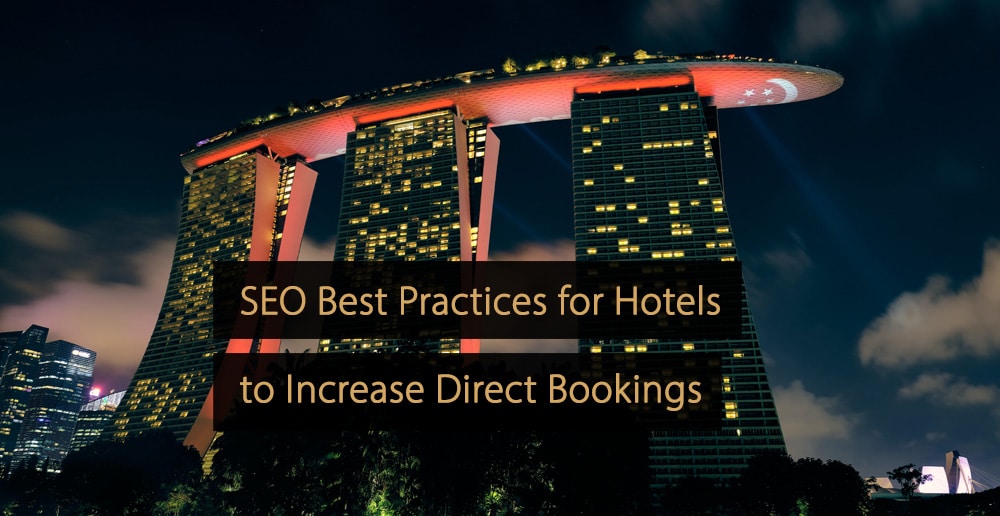
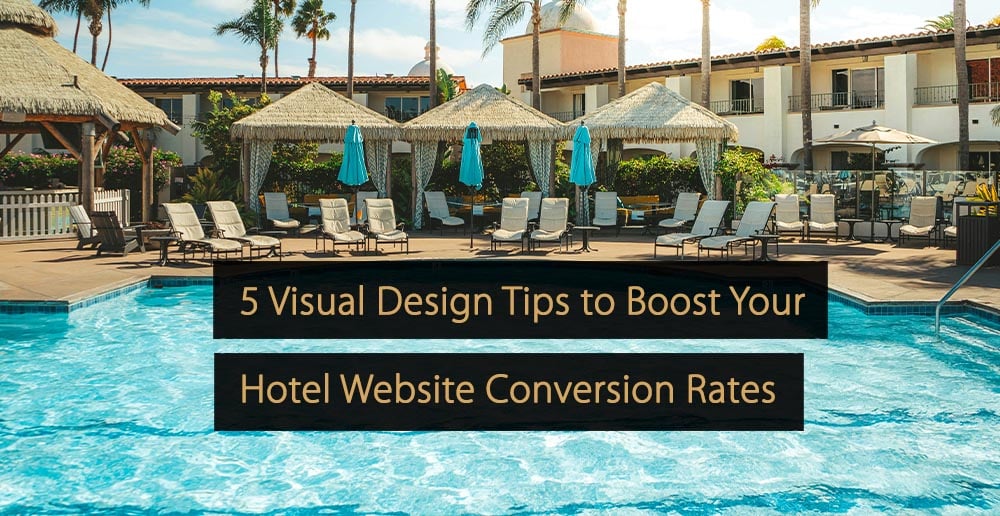

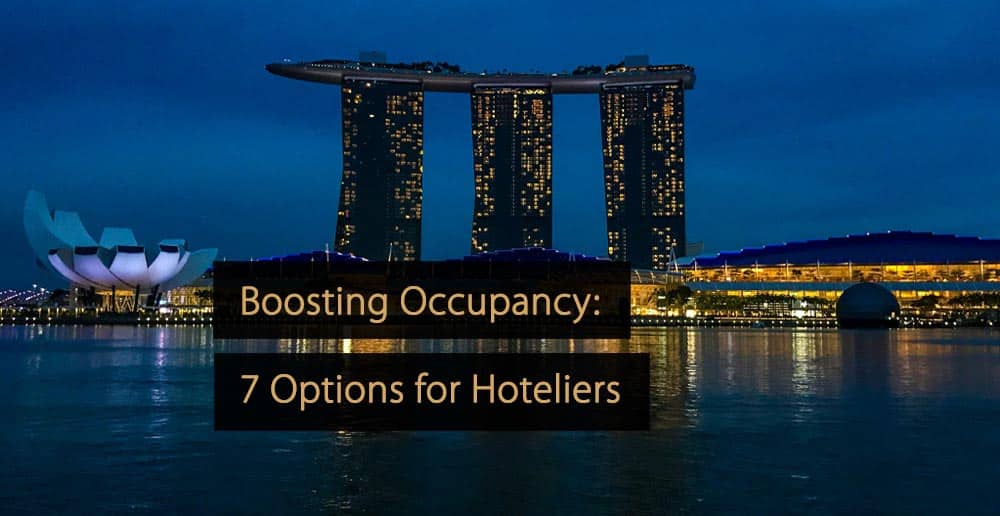

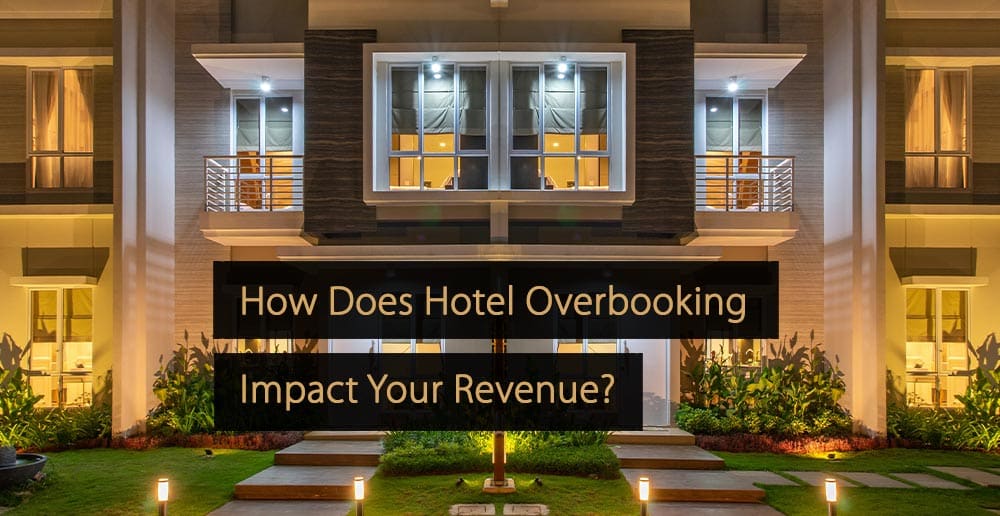
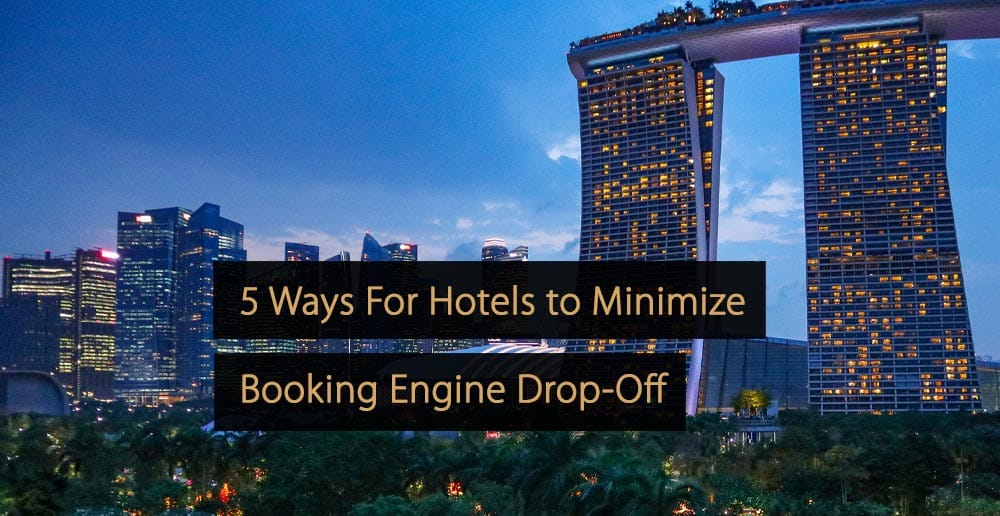
Exceptional insights on SEO for hotels! Navigating the digital landscape is crucial for the hospitality industry, and this guide provides a comprehensive approach. From local SEO tactics to optimizing for mobile, it’s clear that staying visible online is key – a valuable resource for hoteliers looking to enhance their online presence and attract more guests. Kudos for breaking down the complexities of SEO into practical strategies!